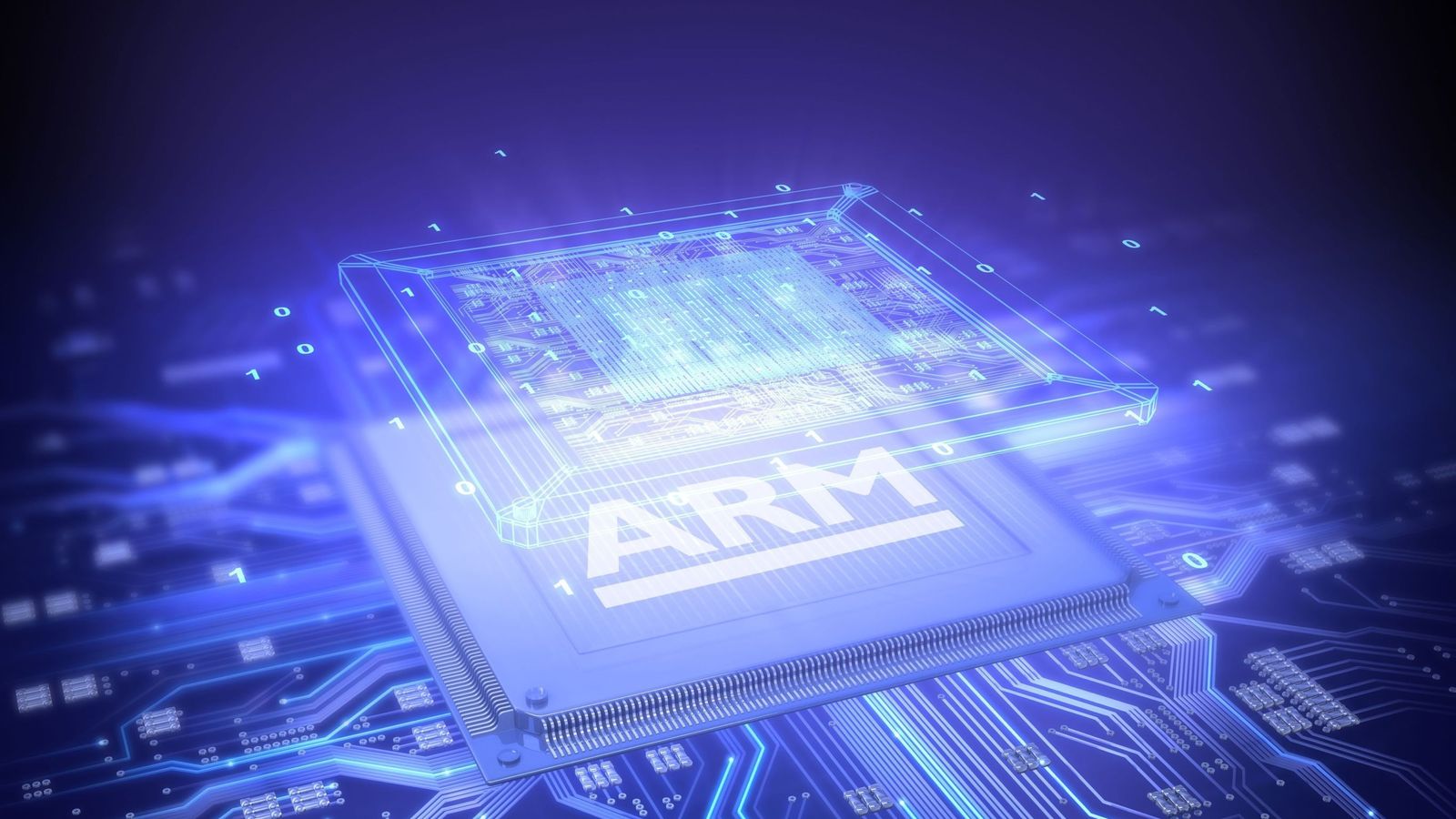The $40bn takeover of UK chip designer Arm Holdings by US tech giant Nvidia faces an in-depth probe after regulators found the deal could weaken rivals and stifle innovation.
Britain’s Competition and Markets Authority (CMA) said it could ultimately mean more expensive or lower quality products in cutting edge technologies.
These include fields such as gaming, data centres, the “internet of things” – the use of electronic devices connected to the internet such as smart speakers – and self-driving cars.
Please use Chrome browser for a more accessible video player
The CMA said undertakings offered by Nvidia about the way the business is run could not allay its “serious competition concerns” and that the deal should be more closely examined in a “phase two” investigation.
It said it had worked with other competition authorities around the world to examine the impact of the takeover of Arm, which licenses its designs to most of the global semiconductor industry with customers including Apple, Samsung, Intel and Qualcomm.
The 180 billion chips sold based on its technology are used in products ranging from smartphones to toasters.
Arm’s customers include companies that are rivals of Nvidia in the supply of semiconductor chips and related products.
It estimates that 70% of the world engages with its technology, the CMA’s report said.
The UK-based company has been put up for sale by current owner Softbank, the Japanese conglomerate, which agreed a deal with Nvidia last September.
The CMA was asked, alongside its initial look at competition concerns, to investigate any UK national security implications arising from the deal.
It sent its findings last month to Oliver Dowden, secretary of state for digital, culture, media and sport (DCMS), but details are only now being published.
Mr Dowden must make a formal decision on proceeding to the next stage of the probe.
CMA chief executive Andrea Coscelli said: “We’re concerned that Nvidia controlling Arm could create real problems for Nvidia’s rivals by limiting their access to key technologies, and ultimately stifling innovation across a number of important and growing markets.
“This could end up with consumers missing out on new products, or prices going up.
“The chip technology industry is worth billions and is vital to products that businesses and consumers rely on every day.
“This includes the critical data processing and datacentre technology that supports digital businesses across the economy, and the future development of artificial intelligence technologies that will be important to growth industries like robotics and self-driving cars.”
Nvidia said in a statement: “We look forward to the opportunity to address the CMA’s initial views and resolve any concerns the government may have.
“We remain confident that this transaction will be beneficial to Arm, its licensees, competition, and the UK.”
Nvidia has previously said that Arm would remain based in Cambridge and its site expanded
A DCMS spokesperson said: “We have received the CMA’s phase one report and the digital secretary will make a decision on whether to proceed to the next phase of the investigation in due course.”






















